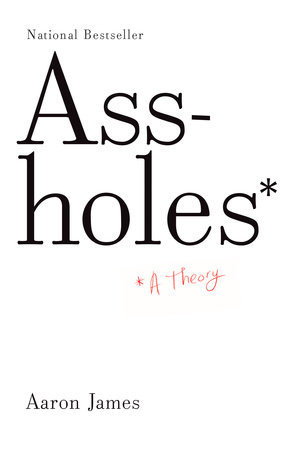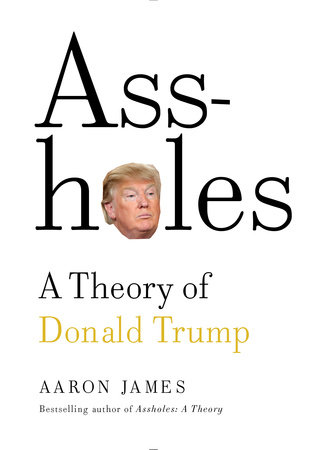Vice terms, Pejoratives, Slurs
If you asked me what it means to call someone an “asshole,” a “honkey,” or a “pig” before the summer of 2008, I would have said “I have no idea.” I might have suggested that these are just terms of abuse, and that they *merely* vent or express disapproving feelings, in a way that renders statements such as “Joe is an asshole/honkey/pig” as *neither true nor false.* Having written a book about assholes, I now think that is completely wrong, not only about vice terms like “asshole,” but also about pejorative terms like “honkey” and slurs like “pig.”
What I’m now thinking is that we can divide much of foul language into three main basic categories, none of which admit of which admit of an “expressivist” rather than a “cognitivist” analysis. The three kinds are
(1) vice terms, which purport to classify a kind of moral personality, correctly or incorrectly (e.g, “asshole,” jerk,” “boor,” “cad”);
(2) pejorative terms, which make *false* normative or moral claims about certain groups of people (e.g., “honkey,” “wop,” “kike,” “chink,” “n—-r”); and
(3) slurs, which invoke a metaphor (“pig,” “dickhead,” “cocksucker”) that is often literally false and yet, depending on the case, also a “metaphorical truth.”
I don’t say that this covers every kind of “foul language.” I do think it covers a lot of the territory.
I’ll say why in other posts (on category (2) see here). The bigger thing I’m excited about is this: If my big conjecture is right, then expressivism turns out to be wrong *even* about foul language, the area of language where it had the best chance of being right!

